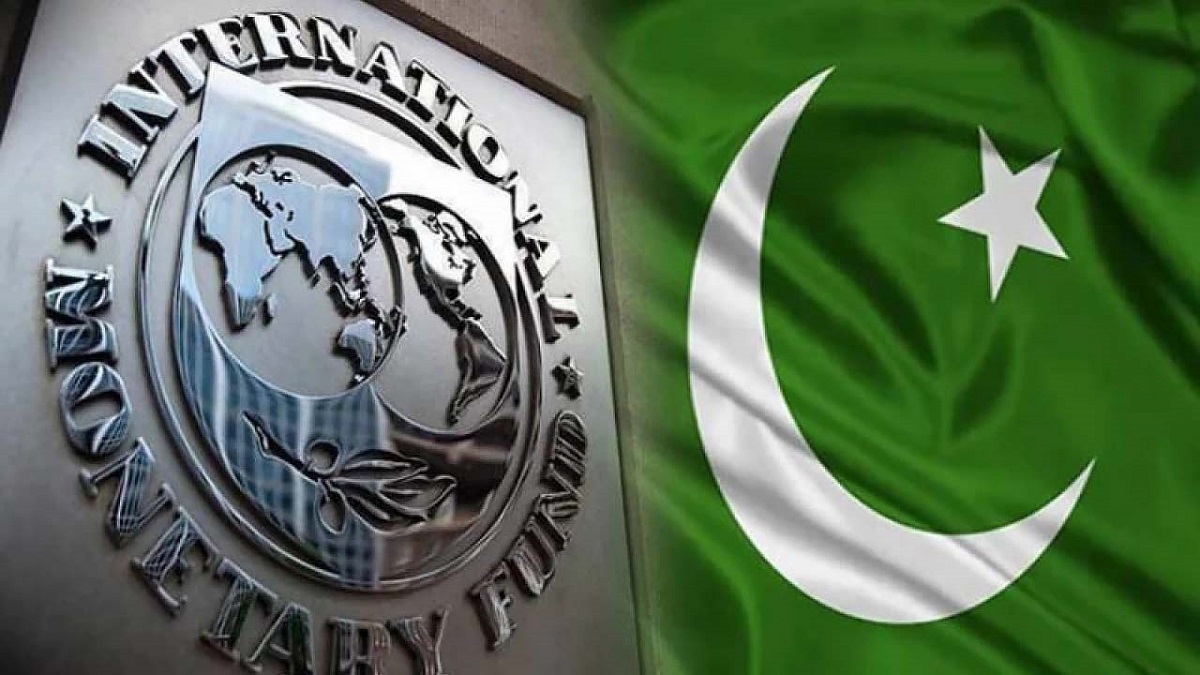In a recent turn of events, Pakistan has signaled its readiness to address the reservations of the International Monetary Fund (IMF) pertaining to its budget for the fiscal year 2023-24. This announcement followed Prime Minister Shehbaz Sharif’s acknowledgment of the rapid deterioration of relations between Pakistan and the global financial institution.
Responding to the IMF’s criticism of the new budget, Pakistan’s Ministry of Finance conveyed its openness to adapt and negotiate over aspects of the FY24 budget. This statement is a notable shift from Finance Minister Ishaq Dar’s previously uncompromising stance, where he rejected the IMF’s counsel on tax exemptions.
According to insiders, Prime Minister Sharif convened an early morning meeting on Friday to discuss these concerns. He urged the finance ministry to explore solutions to the IMF’s apprehensions regarding the new budget. This meeting set the stage for the government’s decision to reassess the 9th review, which could unlock a $1.2 billion tranche.
Previously, interactions between Pakistan and the IMF had reached an impasse, with neither party yielding ground. This stalemate was reflected in the inconclusive meeting between the finance minister and the IMF Mission Chief earlier in the week.
A high-ranking government official, speaking anonymously, stressed the national importance of concluding the 9th review to secure the subsequent $1.2 billion loan tranche. The entire economic team shares this viewpoint, underlining the necessity of fulfilling the 9th review.
The Prime Minister’s commitment to salvaging the IMF programme is evident in his several interventions. He previously made a personal appeal to the IMF’s managing director to proceed with the 9th review.
However, Dar underlined that completing the review was a mutual obligation, stating on Friday, “We’ve made all the efforts to complete the ninth review, but it takes two to tango.”
The ongoing controversy stems from the IMF’s objections to what it considers a serious violation of agreed-upon terms. The global lender argues that the proposed budget does not align with the understanding reached between the Prime Minister and the IMF’s Managing Director.
According to Eshter Perez Ruiz, the IMF’s Resident Representative, Pakistan failed to expand its tax base in the new budget. She also criticized the proposed “new tax amnesty” scheme, which, according to her, contravenes the IMF programme’s stipulations, the governance agenda, and sets a damaging precedent.
In response to these criticisms, the Ministry of Finance affirmed that the Pakistani government remains committed to the IMF programme and is eager to conclude the 9th review. The ministry also emphasized that the government had already implemented several challenging and politically sensitive decisions.
Pakistan completed all technical issues swiftly during the 9th IMF Review conducted in February 2023. The ministry acknowledged, for the first time, that external financing was the only remaining issue. They also stated that their prior understanding was to arrange $3 billion before the Staff Level Agreement and the remaining $3 billion afterward but before the board meeting.
Finance Minister Ishaq Dar also indicated his initial reluctance to share the budget before an agreement for a separate 10th review of the programme was reached with the IMF.
Addressing the IMF’s observations about a narrow tax base, the Finance Ministry cited that the Federal Board of Revenue (FBR) added 1.161 million new taxpayers in the past 11 months. They also highlighted the imposition of a 0.6% advance adjustable withholding tax on cash withdrawals over Rs. 50,000 as a significant measure to broaden the tax base.



























